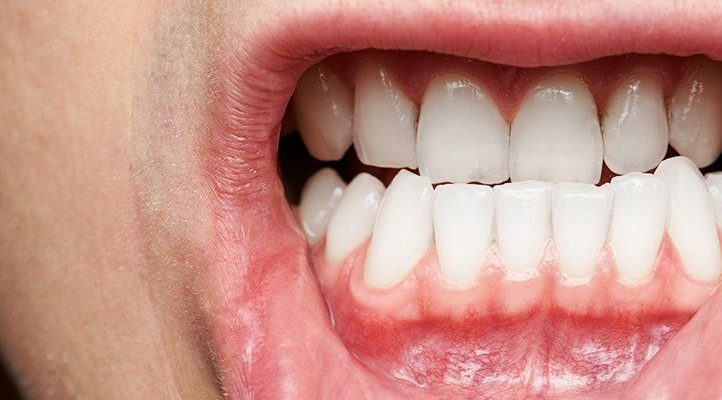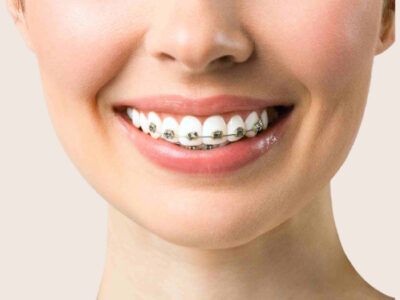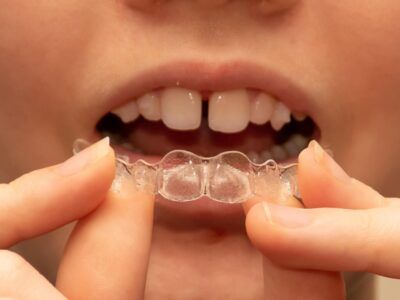Gum disease is a common dental problem in the United States. This condition has been linked to serious cases such as heart diseases. Bacteria cause gum disease in our mouths, which, if not removed, causes tartar, eventually leading to disease. In the initial stages of this condition, the gums appear red, swollen, and bleeding, especially when you brush. This disease, if not managed, can get severe and result in the loss of bone and gum tissues. Your teeth will begin to feel loose and might lead to tooth loss. Suppose you have issues with your gums and are wondering where to get safe and effective results. In that case, Tomball gum disease specialists at Russell Family Dentistry offer a comprehensive test and treatment plan according to your unique needs.
What causes gum disease?
Our mouth contains bacteria that combine with particles to form plaque in our teeth. Regular cleaning and flossing help to remove this plague. If not brushed, it can accumulate and create a hard surface (tartar) that regular cleaning cannot remove and must be treated only your dentist. Although plague is the leading cause of this disorder, some factors can predispose you to it, they include:
Hormonal issues
Gums become sensitive during pregnancy, menstruation, menopause, and puberty, thus increasing the risk of contracting gum disease.
Diseases
Some diseases such as diabetes, HIV, and cancer affect your immune system. This, in turn, makes you susceptible to gum infection.
Medications
Saliva plays an important part in protecting our teeth and gums. Some medications can reduce the flow of saliva in our mouths, thus putting our teeth at risk of infection. Drugs such as anticonvulsant medications also lead to the abnormal growth of gum tissues.
Poor oral hygiene
Not brushing or flossing your teeth daily makes you vulnerable to gum diseases.
Other factors that can lead to gum disease include a family history of gingivitis and smoking. You will not show the symptoms of gum disease until the symptoms are fully established. It is crucial to identify the risk factors and develop habits of good oral hygiene. This will enable you to quickly note any changes in your teeth or gums and consult your doctor for early treatment.
When should I see my doctor for gum disease?
It is imperative to go for regular checkups with your dentist. But, sometimes you may experience abnormal changes in your mouth. You may be unsure whether to see your doctor for treatment. The following are some of the tips to help you decide when to see your dentist:
- When you have swollen, sensitive, and bleeding gums
- Receding gums
- Discharge of pus in your gums
- Loose teeth
- Bad breath
If you have any of these symptoms, visiting a dentist is essential for diagnosis. Your dentist will perform a test and determine the severity of the condition before establishing the proper treatment. Prevention is the best way to avoid gum infection, and better oral health promotes better general health. Book an appointment with your dentist at Russell Family Dentistry to get your smile in order.













Comments